John Bolan, stroke survivor from 2010, helped get Cincinnati’s Comeback Trail 5k off to a rousing start on Saturday with heartfelt advice for fellow stroke survivors and their families and friends.
Read more
Mayfield Brain & Spinal Column
Official Blog of Mayfield Brain & Spine

John Bolan, stroke survivor from 2010, helped get Cincinnati’s Comeback Trail 5k off to a rousing start on Saturday with heartfelt advice for fellow stroke survivors and their families and friends.
Read more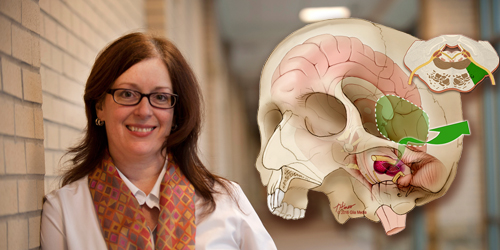
Turn to almost any patient education page on the Mayfield Brain & Spine website and you will see her artistic footprint. Open a neurosurgical journal, and you may see her work there,
Read more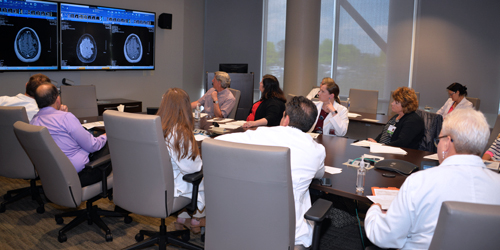
Being diagnosed with a brain tumor is a frightful experience. A patient learns that something foreign and unwanted has begun to grow inside his or her head. Fortunately, many tumors that originate
Read more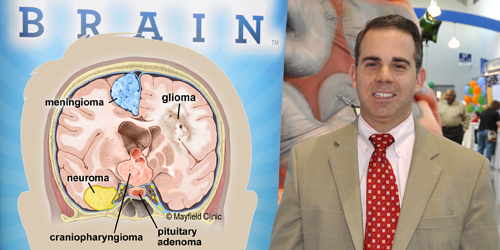
By Christopher McPherson, MD After a brain tumor has been diagnosed and the shock has been absorbed, one of the first questions my patients ask is, Why did this happen? What caused
Read more
By George Mandybur, MD If you or a loved one has Parkinson’s disease, you probably know that April is Parkinson’s Awareness Month. You probably also know that Parkinson’s is a condition that
Read more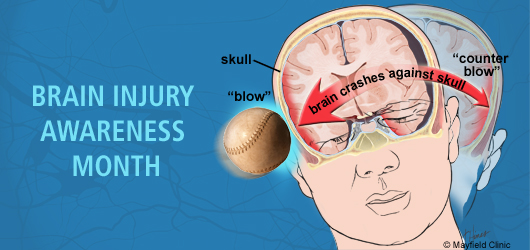
March is National Brain Injury Awareness Month, an opportunity to pause and remember that traumatic brain injury, or TBI, is one of the leading causes of disability and death in the United
Read more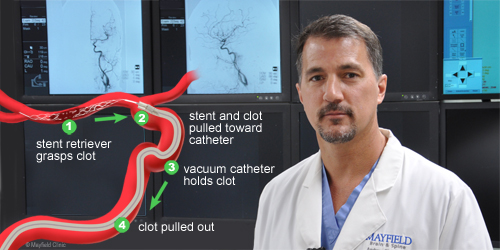
New guidelines for emergency stroke treatment issued yesterday are already benefiting patients at the TriHealth Neuroscience Institute, where Andy Ringer, MD, a neurosurgeon with Mayfield Brain & Spine, is Chief of Neurosciences.
Read more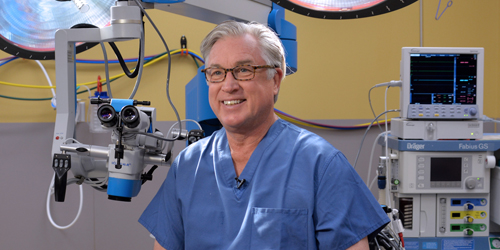
By William Tobler, MD Most people who undergo elective spine surgery have seen it coming for weeks, months, or even years. They have been in pain or discomfort for an extended period,
Read more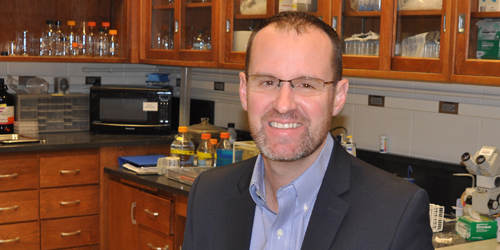
By Mary Kemper For the first time in its 75 years of research, the topic of spreading depolarization has received its own special issue in the Journal of Cerebral Blood Flow &
Read more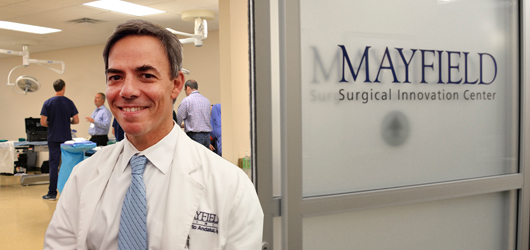
Norberto Andaluz, MD, a Mayfield neurosurgeon and skull base specialist, has been using the eye as a surgical corridor to the brain for nearly 15 years. Dr. Andaluz is an expert
Read more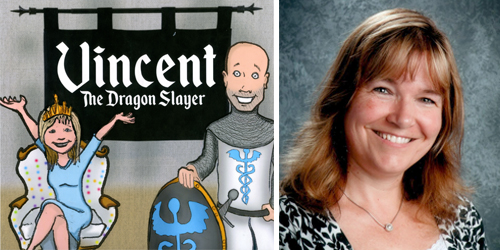
“It was a good story,” Jenny’s husband says. “There were a lot of good things.” There wasn’t a cure, of course. There is rarely a cure for glioblastoma multiforme, the most virulent
Read more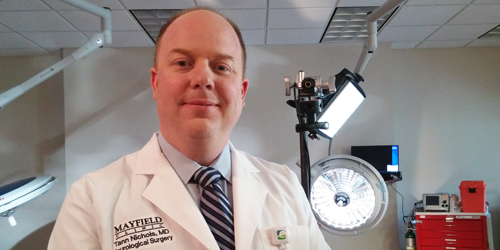
By Tann Nichols, MD For as long as there has been sentient life on earth, there has been pain. And for most of human history, it has been grim. Our ancestors endured
Read more